Find Help
More Items From Ergsy search
-
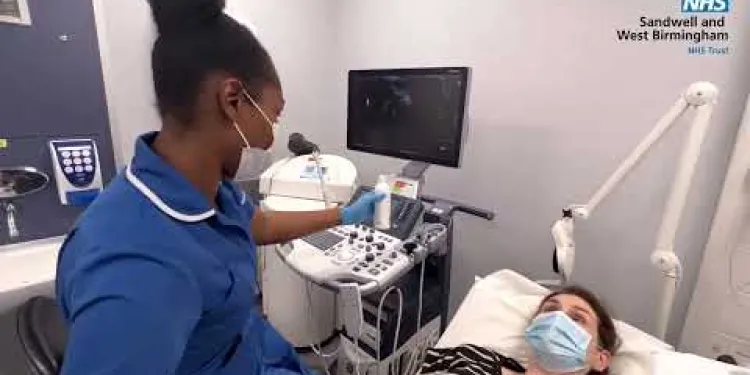
Post Menopausal Bleeding Clinic | A Guide to What Happens at An Appointment
Relevance: 100%
-

What is post-menopause?
Relevance: 59%
-
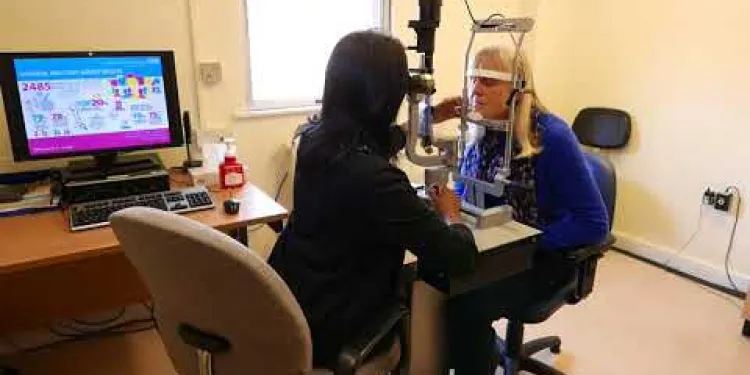
Derbyshire Diabetic Eye Screening - Assessment Clinic Appointment
Relevance: 52%
-
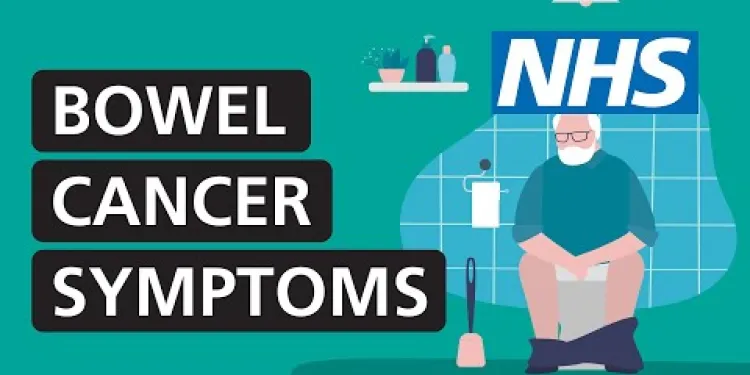
Bleeding from the bottom rectal bleeding
Relevance: 49%
-

Bleeding from the bottom rectal bleeding
Relevance: 49%
-

Do genetics play a role in dementia risk post-menopause?
Relevance: 49%
-
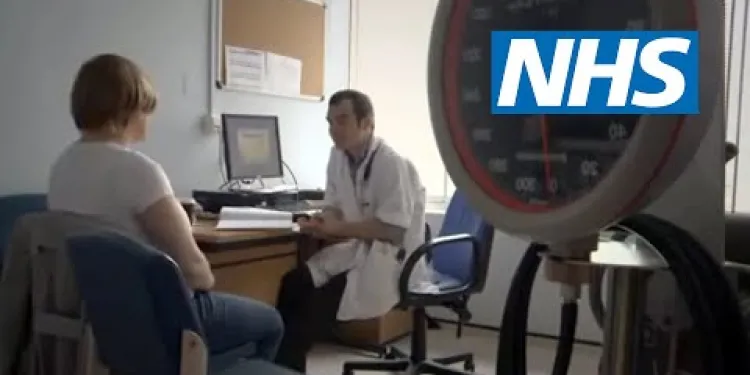
What should I do if I start bleeding during early pregnancy? | NHS
Relevance: 41%
-

Heavy periods (heavy menstrual bleeding)
Relevance: 40%
-

How can I get a COVID jab appointment?
Relevance: 38%
-
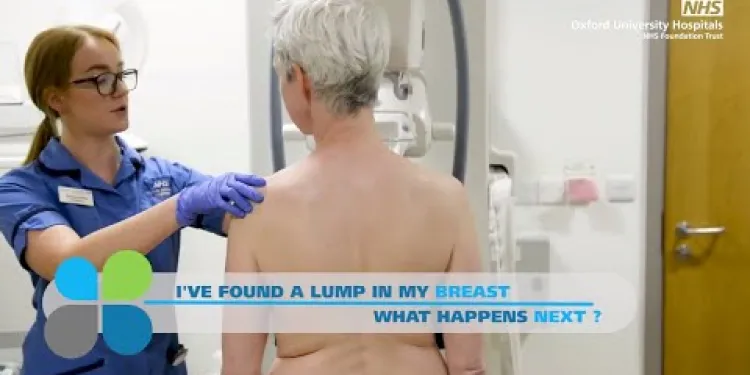
I've found a lump in my breast - What happens next? The breast diagnostic clinic
Relevance: 38%
-

What languages do NHS dental clinics typically support?
Relevance: 37%
-

How do I book an appointment for the flu vaccine?
Relevance: 37%
-
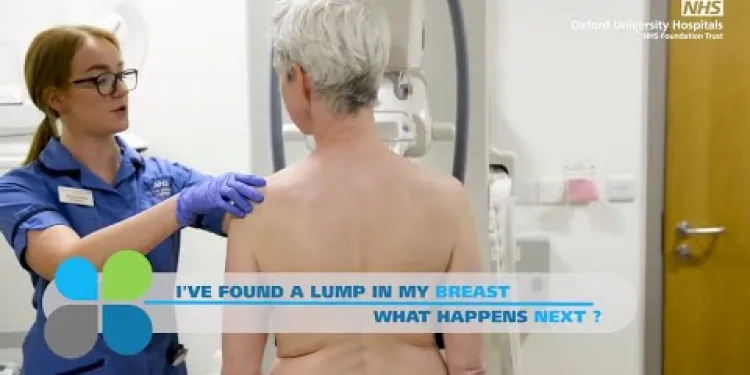
I've found a lump in my breast - What happens next? The breast diagnostic clinic
Relevance: 37%
-

How should I prepare for a Botox appointment?
Relevance: 36%
-
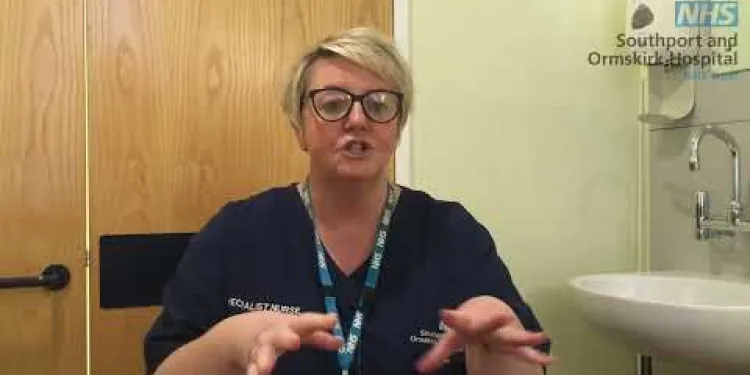
What to expect from your Colposcopy appointment
Relevance: 34%
-

What should I do if I experience severe pain or bleeding after the test?
Relevance: 34%
-
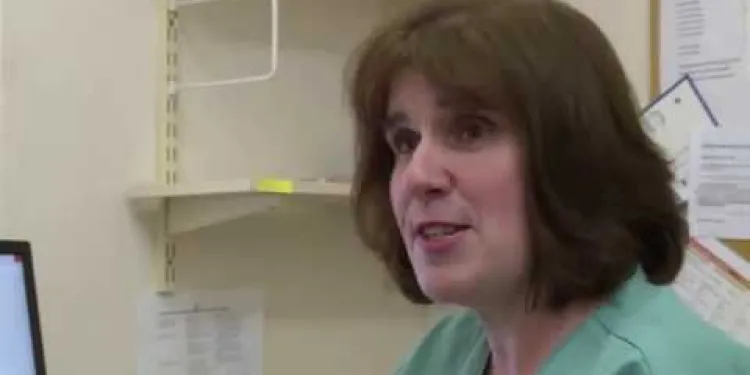
Your abdominal aortic aneurysm (AAA) screening appointment
Relevance: 34%
-
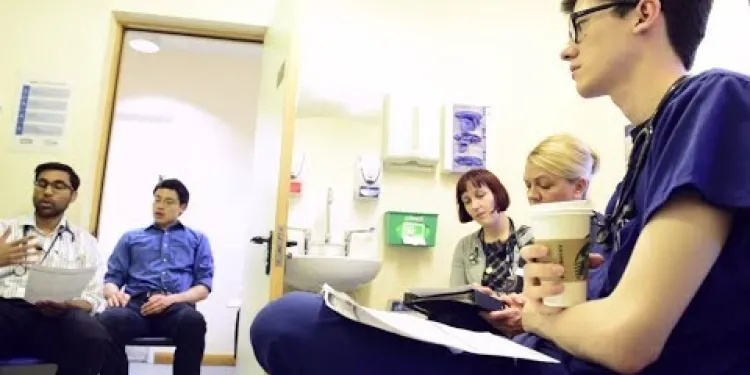
Clinical Handover - Care 24/7
Relevance: 34%
-

What should I bring to my NHS dental appointment?
Relevance: 34%
-

Can children get NHS dentist appointments?
Relevance: 33%
-
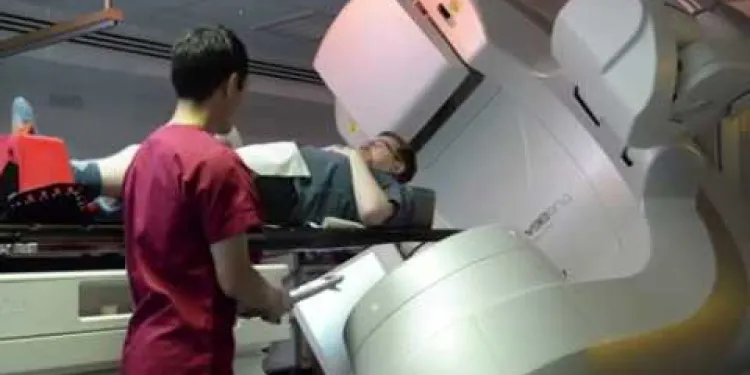
A Radiotherapy appointment in east and North Hertfordshire
Relevance: 33%
-

Who appoints the Attorney General in the UK?
Relevance: 33%
-
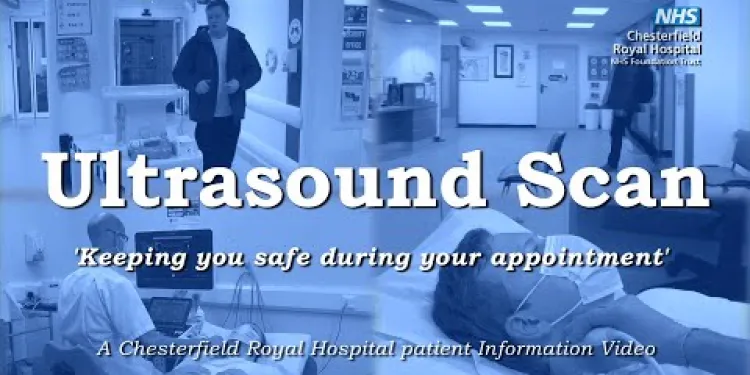
Your Ultrasound Appointment
Relevance: 33%
-

Can I get an emergency NHS dental appointment?
Relevance: 33%
-

Are there clinical trials available for prostate cancer treatment?
Relevance: 32%
-

Can I get a dentist appointment on the NHS?
Relevance: 32%
-

What should I do if I miss my second COVID jab appointment?
Relevance: 32%
-

How do I choose the right dental clinic in Turkey?
Relevance: 31%
-

Is Paillon treatment used in any clinical trials?
Relevance: 31%
-

What happens if I miss my NHS dental appointment?
Relevance: 31%
-

Are there any clinical trials for preventing type 1 diabetes?
Relevance: 30%
-

Clinical depression: Lawrence's story | NHS
Relevance: 30%
-
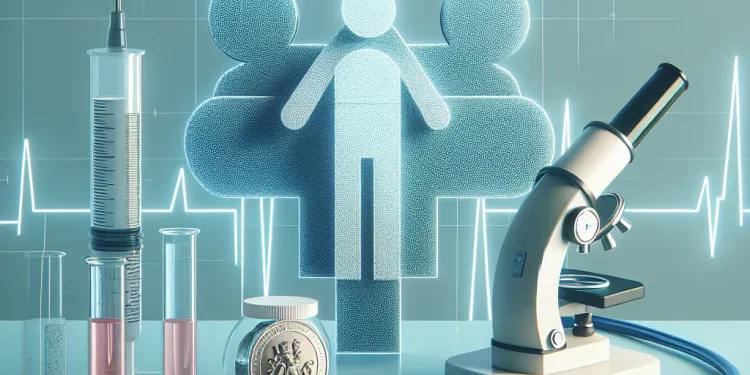
How do clinics determine if IVF is the right option?
Relevance: 30%
-

Are all dental appointments free on the NHS?
Relevance: 29%
-

Are there any clinical trials supporting Ozempic for weight loss?
Relevance: 29%
-

How long will I have to wait for an NHS dental appointment?
Relevance: 29%
-

Autism Assessment - What Happens in Your Appointment
Relevance: 29%
-
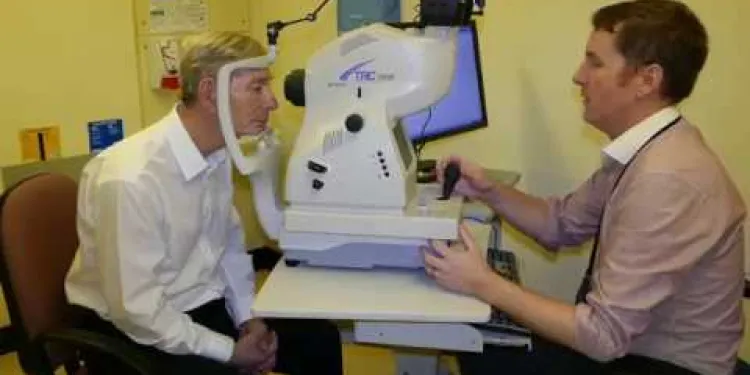
Derbyshire Diabetic Eye Screening - Your Screening Appointment
Relevance: 28%
-

How do I find a suitable hospital or clinic for my treatment?
Relevance: 28%
-
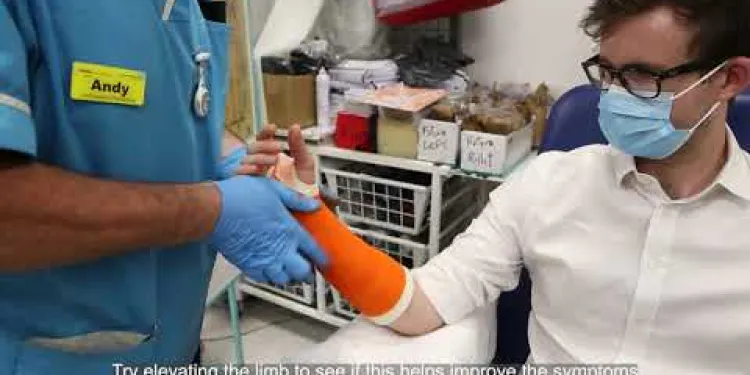
Fracture Clinic: Plaster Casts
Relevance: 28%
Post Menopausal Bleeding Clinic | A Guide to What Happens at An Appointment
Introduction to Post Menopausal Bleeding
Post Menopausal Bleeding (PMB) refers to any vaginal bleeding that occurs more than 12 months after a woman's last menstrual period. It can be a cause for concern and might indicate underlying health issues. Understanding what happens during a clinic appointment can help alleviate anxiety and prepare you for what to expect.Booking an Appointment
If you experience PMB, your first step should be to contact your GP. They will perform an initial evaluation and may refer you to a specialist post menopausal bleeding clinic. In the United Kingdom, these clinics are equipped to diagnose and treat conditions related to PMB, ensuring you receive the best possible care.Initial Consultation
Upon arriving at the clinic, you will have an initial consultation with a healthcare professional. They will take a comprehensive medical history, including details about your menstrual cycle, any menopausal symptoms, and your general health. Be prepared to discuss any medications you're taking, as well as any family history of gynaecological problems.Physical Examination
A physical examination is a crucial part of your clinic visit. This usually includes a pelvic examination to check for abnormalities in the reproductive organs. The healthcare provider may also conduct a cervical screening test (smear test) to rule out any cervical issues.Diagnostic Tests
To determine the cause of PMB, a range of diagnostic tests might be conducted. These can include: - **Transvaginal Ultrasound:** This imaging test provides a clear picture of the uterus, ovaries, and endometrial lining. - **Endometrial Biopsy:** A small sample of the uterine lining is taken for further analysis. - **Hysteroscopy:** This procedure involves inserting a small camera into the uterus to look for abnormalities.Discussion of Results and Treatment Plan
Once the diagnostic tests are complete, the healthcare provider will discuss the results with you. If a cause for the bleeding is identified, they will outline a treatment plan. This could include medication, lifestyle changes, or in some cases, surgical intervention. Conditions like polyps, fibroids, or endometrial hyperplasia are commonly treated at these clinics.Follow-Up Care
Follow-up appointments are often necessary to monitor your condition and the effectiveness of the treatment plan. Regular check-ups will help ensure that any ongoing issues are managed effectively.Emotional Support
Experiencing post menopausal bleeding can be stressful. UK clinics often provide access to counselling services or support groups to help manage any emotional challenges you may face.Conclusion
Understanding what to expect during a post menopausal bleeding clinic visit can provide reassurance and help you feel more in control of your health. These clinics are dedicated to providing thorough care and ensuring any underlying issues are promptly addressed, offering peace of mind and effective treatment solutions.Post Menopausal Bleeding Clinic: A Guide to What Happens at an Appointment
Introduction
Post menopausal bleeding (PMB) can be a concerning experience for women who have already gone through menopause. In the United Kingdom, specialised clinics are available to assess and treat this condition. Understanding what happens during an appointment can help alleviate anxiety and prepare individuals for their visit.
Initial Consultation
Upon arrival at the clinic, you will have an initial consultation with a healthcare professional, typically a gynaecologist or specialist nurse. They will take a detailed medical history, including questions about your menstrual history, when the bleeding started, its frequency, and other symptoms you might be experiencing.
Physical Examination
Following the consultation, a physical examination may be conducted. This usually includes a pelvic exam to check for abnormalities in the uterus, cervix, or other reproductive organs. The healthcare provider will be gentle and explain each step to ensure your comfort during the procedure.
Diagnostic Tests
To further investigate the cause of post menopausal bleeding, certain tests might be recommended. These could include an ultrasound scan to examine the uterus and surrounding structures, and a biopsy to test a sample of uterine tissue. Blood tests may also be performed to rule out other potential issues.
Treatment and Follow-Up
The results of the tests will guide the treatment plan. Common causes of PMB include hormone replacement therapy effects, benign growths like polyps, or in rare cases, cancer. Once a diagnosis is made, the healthcare provider will discuss treatment options, which may involve medication, surgical procedures, or ongoing monitoring.
Conclusion
Attending a post menopausal bleeding clinic is an important step in addressing unexpected bleeding. The appointment process is designed to diagnose the cause of your symptoms and plan an effective treatment strategy, ensuring you receive the best care and support available in the UK.
Post Menopausal Bleeding Clinic | A Guide to What Happens at An Appointment
What is Post Menopausal Bleeding?
Post Menopausal Bleeding (PMB) is when there is bleeding from the vagina after a woman has stopped having periods for over a year. This can be worrying and may mean there is a health problem. Knowing what happens during a clinic visit can make you feel less worried and ready for the appointment.How to Make an Appointment
If you have PMB, you should talk to your family doctor (GP) first. They will check you and might send you to a special clinic for PMB. In the UK, these clinics are good at finding out what is causing the bleeding and how to help you.First Meeting at the Clinic
When you go to the clinic, you will meet with a healthcare worker. They will ask you about your health, your periods before menopause, and any changes you have noticed. Bring a list of any medicines you take and any family health problems.Physical Check-Up
The healthcare worker will do a physical check-up. This will include checking your reproductive organs. They might also do a smear test to make sure your cervix is healthy.Tests to Find the Cause
The clinic might do some tests to find out why the bleeding is happening. These tests can include: - **Transvaginal Ultrasound:** This test uses pictures to look inside your uterus and ovaries. - **Endometrial Biopsy:** A tiny piece of tissue from the uterus is taken to look at. - **Hysteroscopy:** A small camera is used to look inside the uterus for problems.Talking About Test Results and Treatment
After the tests, the healthcare worker will talk to you about what they found. If they know why the bleeding is happening, they will suggest how to treat it. This might mean taking medicine, changing your habits, or sometimes having surgery. Problems like polyps or fibroids can often be treated at the clinic.Follow-Up Visits
You may need to come back to the clinic to make sure the treatment is working. These visits help manage any ongoing problems.Support for Your Feelings
Having post menopausal bleeding can be stressful. Clinics in the UK often have counselors or support groups to help you deal with your feelings.In Summary
Knowing what will happen at your clinic visit can help you feel safe and more in control of your health. These clinics work hard to take care of you and solve any health issues quickly, giving you peace of mind and the right treatment.Post Menopausal Bleeding Clinic: A Guide to What Happens at an Appointment
Introduction
Some women have bleeding after menopause, which can be worrying. In the UK, there are special clinics to help with this. Knowing what happens at these clinics can make you feel less worried and ready for your visit.
Initial Consultation
When you get to the clinic, you will talk to a doctor or nurse. They will ask about your health, when the bleeding started, and if you have other symptoms. This helps them understand your situation better.
Physical Examination
After talking, the doctor might do a physical check-up. They will check your tummy and other parts to make sure everything looks okay. The doctor will be gentle and tell you what they are doing so you feel comfortable.
Diagnostic Tests
The doctor might need more information to find out why you are bleeding. They could do an ultrasound to see inside your tummy. They might also take a small sample from your uterus to test it. Sometimes, blood tests are needed too.
Treatment and Follow-Up
After these tests, the doctor will explain what is causing the bleeding. It could be due to medicine, small growths like polyps, or rarely, something more serious. The doctor will talk about how to treat it, which might include medicine or an operation. They may want to see you again to make sure you are getting better.
Conclusion
Going to a post menopausal bleeding clinic is important to find out why you are bleeding. The visit will help the doctor plan the best treatment for you, so you get the care and support you need in the UK.
To help with reading or understanding, you can use a dictionary for difficult words or have someone read with you.
Frequently Asked Questions
What is postmenopausal bleeding?
Postmenopausal bleeding is any vaginal bleeding that occurs after a woman has gone 12 months without a menstrual period (menopause). It can be a sign of a health issue and should be evaluated by a healthcare professional.
Why is it important to see a doctor if I experience postmenopausal bleeding?
It's important to see a doctor because postmenopausal bleeding could indicate conditions ranging from benign (such as polyps or hormone imbalances) to more serious issues such as cancer of the endometrium.
What happens during my appointment at a postmenopausal bleeding clinic?
During your appointment, you will likely have a discussion about your medical history, a physical exam, and some tests, such as an ultrasound or a biopsy, to determine the cause of the bleeding.
What questions should I expect at the clinic?
You may be asked about the timing and frequency of your bleeding, any other symptoms you experience, your family medical history, and any medications you are taking.
What tests might be performed during the appointment?
Common tests include pelvic examinations, ultrasounds to look at the structure of the uterus and ovaries, and endometrial biopsies to test the tissue of the uterine lining.
Are there any specific preparations needed for the appointment?
Generally, no special preparations are needed, but it may be helpful to write down your symptoms, any questions you have, and a list of medications you're taking. Check with your clinic for any specific instructions.
How should I manage anxiety before my appointment?
Managing anxiety can be aided by learning about the procedures that may take place, bringing a friend or family member for support, and discussing any concerns with your GP ahead of time.
Will I receive a diagnosis the same day?
A diagnosis may not be immediately possible; some test results can take time. Your doctor will discuss the next steps after the initial evaluation and testing.
What are the common causes of postmenopausal bleeding?
Common causes include hormone therapy, endometrial atrophy, polyps, or more serious conditions such as endometrial hyperplasia or cancer.
Can postmenopausal bleeding be treated?
Treatment depends on the cause but may include medications like hormone therapy or surgical options, such as the removal of polyps or the lining of the uterus.
Is postmenopausal bleeding always a sign of cancer?
Not always, but because it can be a symptom of endometrial or other gynecological cancers, it's important to seek medical evaluation.
What role does lifestyle play in managing postmenopausal health?
A healthy lifestyle, including a balanced diet, regular exercise, and avoiding smoking, can help maintain postmenopausal health and potentially reduce the risk of certain conditions.
How long do appointments at the clinic typically last?
Appointments can vary but typically last from 30 minutes to an hour, depending on the number of tests performed.
Will I always need a follow-up appointment?
Follow-up appointments may be necessary depending on the results of initial tests or if further monitoring or treatment is required.
How prevalent is postmenopausal bleeding?
It's relatively common, affecting around 10% of postmenopausal women at some point. However, any bleeding should be evaluated by a healthcare provider.
What is postmenopausal bleeding?
Postmenopausal bleeding means bleeding from the vagina after a woman has stopped having her periods for 12 months or more. This usually happens when a woman is around 50 years old.
If you see bleeding after menopause, it is important to tell a doctor. The doctor can help find out why it is happening.
Helpful tools: - You can ask someone you trust to go to the doctor with you. - Write down your questions before you see the doctor. - Use pictures or drawings to understand better.
After a woman stops having her periods for a whole year, this is called menopause. Any bleeding from the vagina after this time is not normal. It could mean there is a health problem. A doctor needs to check it.
Why should I see a doctor if I bleed after menopause?
If you bleed after menopause, it is important to see a doctor. Here's why:
- Check for health problems: Bleeding can be a sign of a health issue.
- Get the right help: A doctor can give you the right care and advice.
- Feel better: The doctor can help you feel better and stay healthy.
If reading is hard, try using a tool that reads out loud to you. You can also ask a friend or family member to help you understand.
It is important to visit a doctor if you bleed after menopause. This kind of bleeding can mean different things. Sometimes, it might be something small like polyps or hormones being a bit off. But it can also be something more serious, like cancer in the lining of your womb.
If reading is hard, try listening to the text with a screen reader. You can also use a colored overlay on the page to make it easier to read.
What Will Happen at My Doctor's Visit for Bleeding After Menopause?
When you go to the clinic, the doctor will check why you are bleeding after menopause. Here is what might happen:
- You will talk to the doctor about your health.
- The doctor might do some tests to find out more.
- You can ask any questions you have.
It is okay to feel nervous. You can bring a friend or family member to help you feel better.
When you go to your doctor, you might talk about your health history. The doctor will check your body and may do some tests. These tests could be an ultrasound, which takes a picture inside your body, or a biopsy, which takes a tiny piece of tissue to look at more closely. They do these tests to find out why you are bleeding.
What will the doctor ask me at the clinic?
When you go to the clinic, the doctor will ask you some questions. Here are things you might talk about:
- How are you feeling?
- Do you have any pain?
- When did you start feeling like this?
- Are you taking any medicine?
- Do you have any allergies?
These questions help the doctor understand how to help you.
If you have trouble remembering, bring a list or ask someone to help.
Tools like pictures or voice recordings can also support you during your visit.
Your doctor might ask some questions. They might ask when you bleed and how often. They could also ask about other things you feel, like if you have pain. Your doctor may want to know about your family's health. They might ask what medicine you take.
What tests will the doctor do during the visit?
Doctors do some tests to check your body. These tests can be:
- A pelvic exam where the doctor looks inside your tummy area.
- An ultrasound, which takes pictures inside your body to see your womb and ovaries.
- An endometrial biopsy, where they check a small piece of the lining inside your womb.
If you find reading hard, you can use tools like text-to-speech. It can read the words out loud to you.
What should I do to get ready for my appointment?
You don't need to do anything special to get ready. But it can help if you:
- Write down how you feel or any problems you have.
- Make a list of questions you want to ask.
- Make a list of any medicine you take.
Ask your doctor if there is anything else you need to do before you visit.
What can I do if I feel worried before my appointment?
You can feel better about anxiety by doing a few things. First, learn what might happen. Second, bring a friend or family member with you for support. Third, talk to your doctor about any worries you have before you go.
Will I find out what is wrong on the same day?
It might take time to get a diagnosis. The doctor may need to do tests or talk to other doctors.
But they will let you know what to do next. You can ask them questions if you need help understanding.
Bringing a friend or family member might help. Writing things down can also be good to remember what the doctor says.
Your doctor might not be able to tell what's wrong right away. Sometimes test results take a while. After looking at you and doing some tests, your doctor will talk to you about what to do next.
Why do some women bleed after menopause?
After menopause, periods stop. Some women may have bleeding after this. Here are some reasons why:
- Thin lining of the womb: The inside of the womb can become thin and cause bleeding.
- Polyps: These are small growths inside the womb or cervix that can bleed.
- Hormone treatments: Some medicines with hormones can cause bleeding.
- Infections: Infections in the womb or cervix might lead to bleeding.
- Cancer: Bleeding might be a sign of cancer in the womb or cervix.
If you notice bleeding, it's important to see a doctor. They can help find out why and make sure you get the right care.
Helpful tips:
- If reading is hard, ask someone to read with you.
- Draw pictures to understand better.
- Use a computer or phone to listen to the text read aloud.
Some common reasons are:
- Using medicine that changes hormones.
- Thin lining inside the uterus.
- Small growths called polyps.
- More serious problems like thick lining or cancer.
If you find this hard to understand, you can ask someone to explain it. You can also use tools like text-to-speech apps to help read the text out loud.
Can bleeding after menopause be treated?
If you bleed after menopause, you should see a doctor.
The doctor can help find out why you are bleeding.
There are ways to treat this bleeding.
The treatment depends on why you are bleeding.
It is important to talk to your doctor to get the right help.
You can ask someone to go with you to the doctor if it helps.
The treatment you need depends on what is causing the problem. You might get medicine, like hormone pills, or you might need an operation. This could mean taking out small lumps called polyps or taking out the inside lining of the womb.
Does bleeding after menopause mean you have cancer?
If you bleed after menopause, it doesn’t always mean you have cancer.
But it is important to see a doctor if you bleed after menopause.
The doctor can check what is causing the bleeding and help you feel better.
You can use a calendar to track any bleeding and share it with your doctor.
If you have questions, take someone with you to listen and help remember what the doctor says.
Not always. But sometimes it can be a sign of cancer in the womb or other parts of the body. It's important to see a doctor. They can check to make sure everything is okay.
How does the way we live affect health after menopause?
Menopause is when a woman stops having periods. This happens as she gets older. After menopause, health can change.
The way we live can help us stay healthy after menopause. Here are some ways to stay healthy:
- Eat Healthy Foods: Eating fruits, vegetables, and whole grains helps us feel good.
- Exercise Regularly: Moving our bodies helps keep us strong and happy.
- Sleep Well: Getting enough sleep helps our bodies rest and heal.
- Visit the Doctor: Going to the doctor for check-ups keeps us safe and healthy.
Using helpful tools like reminders and apps can make it easier to eat well, exercise, and sleep.
A healthy lifestyle helps you stay well after menopause. Eat healthy foods, exercise often, and do not smoke. This can keep you healthy and lower the chance of some health problems.
How long is a visit to the clinic?
A visit to the clinic usually takes about 30 minutes.
Here are some tips to remember:
- You may wait for a short time before you see the doctor.
- Bring something to do, like a book or a game.
- Ask questions if you don't understand something.
Meetings can be different, but they usually last between 30 minutes and 1 hour. It depends on how many tests you need. You can use reminders or alarms to help you remember your appointment time. Having a friend or family member with you can make it easier and nice too.
Do I need to come back for another appointment?
Sometimes you might need to see the doctor again. This is called a follow-up appointment. The doctor will tell you if you need to come back.
Here are some tips to help you:
- Ask the doctor if you need to come back.
- Write down the date and time of your next appointment.
- Bring someone with you to help remember what the doctor says.
You might need to come back for more check-ups. This can happen if the first tests show something, or if the doctor needs to keep an eye on things or give more treatment.
How common is bleeding after menopause?
Bleeding after menopause is when a woman has bleeding from her vagina after she has stopped having periods for a year. It is not very common, but it can happen. If it happens, it is important to see a doctor.
To help understand, you can:
- Use pictures to learn more about menopause.
- Ask a friend or family member to read with you.
- Use audiobooks or read-aloud tools to listen to information.
Bleeding after menopause happens to about 10 out of 100 women. If this happens, see a doctor right away.
Useful Links
This website offers general information and is not a substitute for professional advice.
Always seek guidance from qualified professionals.
If you have any medical concerns or need urgent help, contact a healthcare professional or emergency services immediately.
- Ergsy carfully checks the information in the videos we provide here.
- Videos shown by Youtube after a video has completed, have NOT been reviewed by ERGSY.
- To view, click the arrow in centre of video.
- Most of the videos you find here will have subtitles and/or closed captions available.
- You may need to turn these on, and choose your preferred language.
- Go to the video you'd like to watch.
- If closed captions (CC) are available, settings will be visible on the bottom right of the video player.
- To turn on Captions, click settings .
- To turn off Captions, click settings again.
More Items From Ergsy search
-

Post Menopausal Bleeding Clinic | A Guide to What Happens at An Appointment
Relevance: 100%
-

What is post-menopause?
Relevance: 59%
-

Derbyshire Diabetic Eye Screening - Assessment Clinic Appointment
Relevance: 52%
-

Bleeding from the bottom rectal bleeding
Relevance: 49%
-

Bleeding from the bottom rectal bleeding
Relevance: 49%
-

Do genetics play a role in dementia risk post-menopause?
Relevance: 49%
-

What should I do if I start bleeding during early pregnancy? | NHS
Relevance: 41%
-

Heavy periods (heavy menstrual bleeding)
Relevance: 40%
-

How can I get a COVID jab appointment?
Relevance: 38%
-

I've found a lump in my breast - What happens next? The breast diagnostic clinic
Relevance: 38%
-

What languages do NHS dental clinics typically support?
Relevance: 37%
-

How do I book an appointment for the flu vaccine?
Relevance: 37%
-

I've found a lump in my breast - What happens next? The breast diagnostic clinic
Relevance: 37%
-

How should I prepare for a Botox appointment?
Relevance: 36%
-

What to expect from your Colposcopy appointment
Relevance: 34%
-

What should I do if I experience severe pain or bleeding after the test?
Relevance: 34%
-

Your abdominal aortic aneurysm (AAA) screening appointment
Relevance: 34%
-

Clinical Handover - Care 24/7
Relevance: 34%
-

What should I bring to my NHS dental appointment?
Relevance: 34%
-

Can children get NHS dentist appointments?
Relevance: 33%
-

A Radiotherapy appointment in east and North Hertfordshire
Relevance: 33%
-

Who appoints the Attorney General in the UK?
Relevance: 33%
-

Your Ultrasound Appointment
Relevance: 33%
-

Can I get an emergency NHS dental appointment?
Relevance: 33%
-

Are there clinical trials available for prostate cancer treatment?
Relevance: 32%
-

Can I get a dentist appointment on the NHS?
Relevance: 32%
-

What should I do if I miss my second COVID jab appointment?
Relevance: 32%
-

How do I choose the right dental clinic in Turkey?
Relevance: 31%
-

Is Paillon treatment used in any clinical trials?
Relevance: 31%
-

What happens if I miss my NHS dental appointment?
Relevance: 31%
-

Are there any clinical trials for preventing type 1 diabetes?
Relevance: 30%
-

Clinical depression: Lawrence's story | NHS
Relevance: 30%
-

How do clinics determine if IVF is the right option?
Relevance: 30%
-

Are all dental appointments free on the NHS?
Relevance: 29%
-

Are there any clinical trials supporting Ozempic for weight loss?
Relevance: 29%
-

How long will I have to wait for an NHS dental appointment?
Relevance: 29%
-

Autism Assessment - What Happens in Your Appointment
Relevance: 29%
-

Derbyshire Diabetic Eye Screening - Your Screening Appointment
Relevance: 28%
-

How do I find a suitable hospital or clinic for my treatment?
Relevance: 28%
-

Fracture Clinic: Plaster Casts
Relevance: 28%


